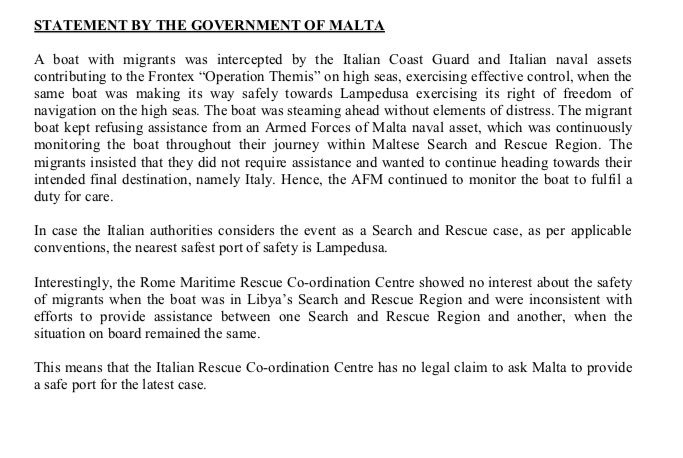[Yugoslavia Memory of a disaster] 1991, the Yugoslav army attacks Dubrovnik
While its guns continued to pound the historic city of Dubrovnik, the federal army abandoned other areas in Yugoslavia. One more Yugoslav nonsense or a new one
tactic...
The Yugoslav federal army has decided - more than ever - to finish off Dubrovnik and integrate the Croatian city into Serbian territory, before the imminent arrival of international troops.
“Some 3.000 shells fell on Dubrovnik on Sunday”, according to the Croatian agency Hina, and “the combined attacks by land and sea hit, burned and destroyed 17 hotels in the city and 122
boats docked in the port of Gruz.
On Sunday, shells fell for the first time on the Minceta fortress dating from the XNUMXth century, in the historic center of the old town placed under the protection of Unesco”. At
contempt of conventions on the protection of cultural property and despite the “instructions given by the command of the federal army to preserve historical monuments”.
This acceleration of the offensive on Dubrovnik marks a change in Serbian tactics. The offensive here no longer has a major ethnic reason, the city of Dubrovnik having less than a quarter of
Serbian people. The federal army is now fighting - before the arrival of international troops now desired as much by the Serbs as by the Croats - in sectors likely to
serve as fulcrums for an enlarged Republic of Serbia-Montenegro. It abandons the distant fronts of the Serbian zone - and logistics -.
On Sunday, a local absolute ceasefire agreement was thus signed - and relatively respected - under the auspices of EEC observers in Sisak, located less than 50 kilometers from Zagreb.
In Rijeka, on the Dalmatian coast, Monday morning, the blockade of the port was lifted and the tanks of the army corps of Rijeka repatriated on boats to Bar in the south of the country. Once this reorganization
tactics completed, the UN will be able to intervene...
(article published in La Truffe, November 12, 1991, © NGV)

